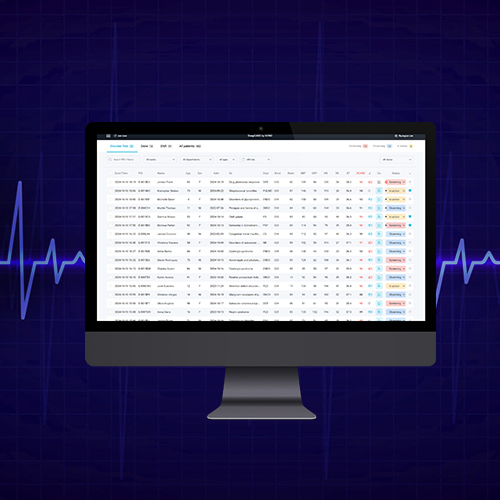Cookie Preferences
By clicking ‘Accept Cookies’, you agree to the storing of cookies on your device to enhance site navigation, analyze site usage, and assist in our marketing efforts.
If you do not agree, please select ‘Decline’.
If you do not agree, please select ‘Decline’.






